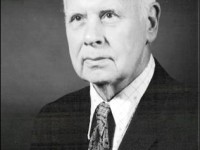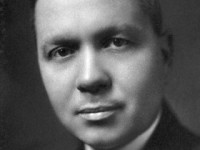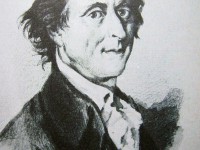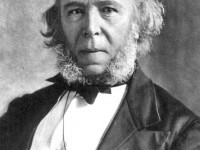George Stibitz and the Electromechanical Digital Computer
On April 30, 1904, U.S. mathematician George Robert Stibitz was born. Stibitz is recognized as one of the fathers of the modern first digital computer. He was a Bell Labs researcher known for his work in the 1930s and 1940s on the realization of Boolean logic digital circuits using electromechanical relays as the switching element. “Part of the charm in solving a differential equation is in the feeling that we are getting…
Read more





















